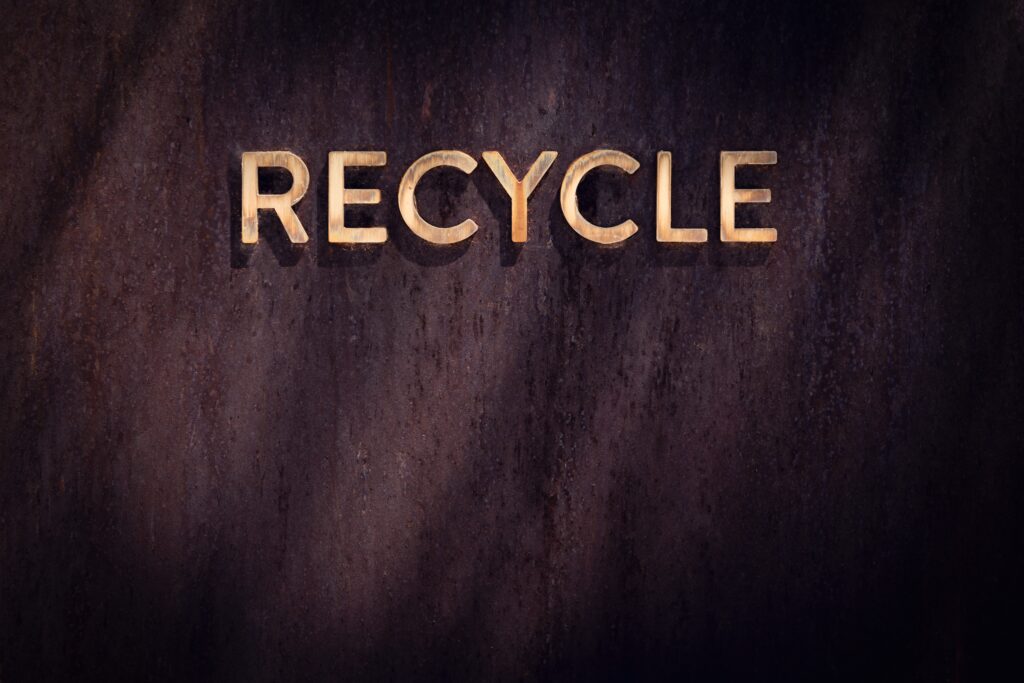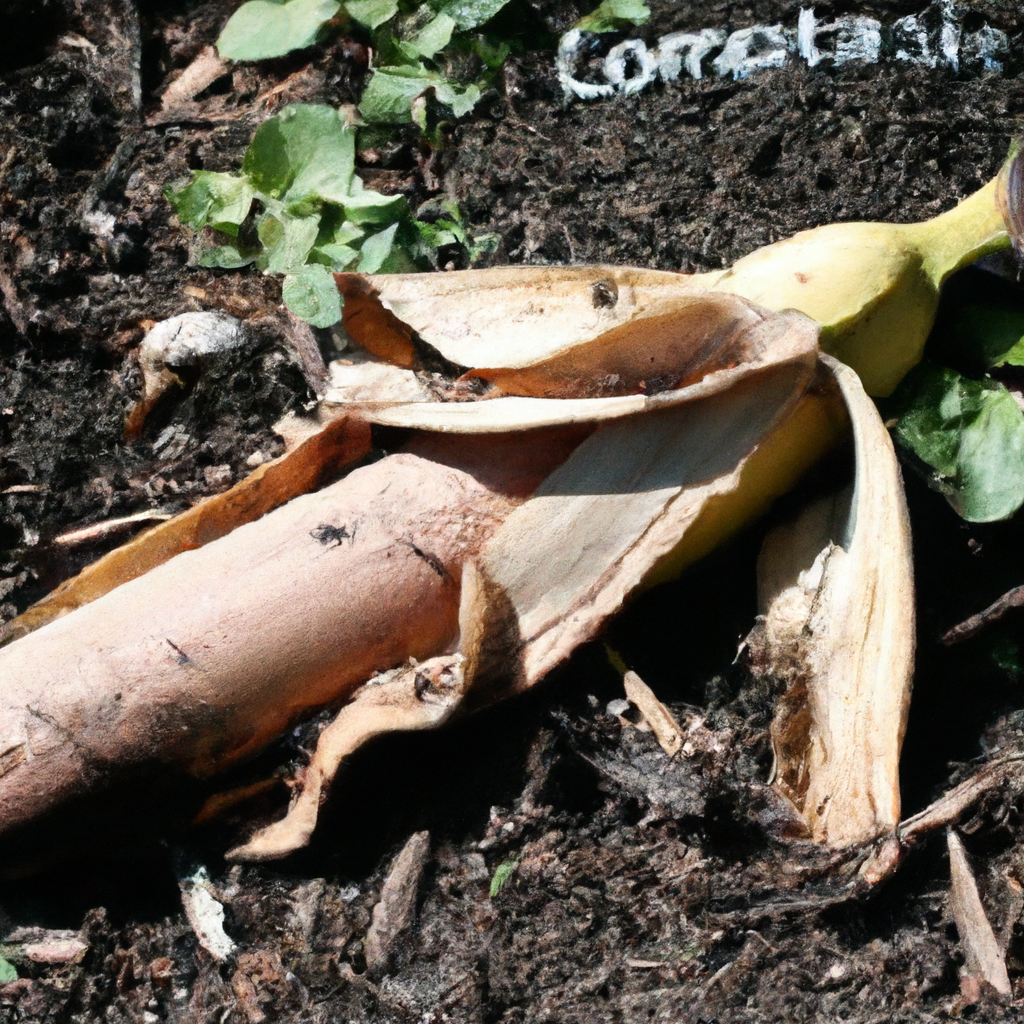In the world of eco-friendly products, two terms that often come up are biodegradable and compostable. But What Is The Difference Between Biodegradable And Compostable? While both seem to imply environmental friendliness, they actually have distinct characteristics.
Biodegradable refers to materials that can break down naturally over time, returning to the earth and becoming part of the natural cycle. On the other hand, compostable materials can go through a specific process called composting, where they break down into nutrient-rich soil that can be used for gardening. Understanding the distinction between biodegradable and compostable can help you make more informed choices when it comes to choosing sustainable alternatives in your daily life.
What Is The Difference Between Biodegradable And Compostable: Definition of Biodegradable
Biodegradable refers to a material or product that can be broken down naturally by microorganisms, such as bacteria or fungi, over time. This decomposition process occurs because these microorganisms are able to digest the material, breaking it down into simpler substances. As a result, biodegradable products have the ability to return to the environment and become part of the natural carbon cycle.
Decomposition Process
The decomposition process of biodegradable materials begins when they are exposed to the right environmental conditions, including moisture, temperature, and oxygen. Microorganisms present in the environment, such as bacteria and fungi, start breaking down these materials into smaller pieces. Through a series of enzymatic reactions, the complex organic molecules that make up the material are gradually broken down into simpler molecules, eventually returning to the soil or water.
Timeframe for Decomposition
The timeframe for biodegradable materials to decompose varies depending on several factors, including the type of material, environmental conditions, and the presence of microorganisms. Generally, biodegradable materials can decompose within a few months to several years. However, it’s important to note that not all biodegradable materials break down at the same rate. Some materials, such as paper or cardboard, can decompose relatively quickly, while others, like certain types of plastics, may take much longer.
Environmental Impact
Biodegradable materials have a positive environmental impact because they break down naturally and become part of the natural carbon cycle. Unlike non-biodegradable materials, which can accumulate in the environment and take hundreds of years to degrade, biodegradable materials do not contribute to long-term pollution. When properly disposed of in composting facilities or natural environments, biodegradable products can help reduce waste and lessen the burden on landfills.
What Is The Difference Between Biodegradable And Compostable: Definition of Compostable
Compostable materials, on the other hand, refer to those that are not only biodegradable but also have the ability to turn into nutrient-rich compost through the composting process. composting is the controlled decomposition of organic materials, resulting in a humus-like substance called compost. Compostable materials can fully break down under specific composting conditions and contribute to the generation of valuable compost.
Decomposition Process
Compostable materials undergo the same decomposition process as biodegradable materials. However, in order to be considered compostable, these materials must break down into compost within a specific timeframe and under specific composting conditions. Composting facilities provide the ideal conditions for the decomposition process, including the right levels of temperature, moisture, and oxygen. Microorganisms in the composting process break down the materials more efficiently and convert them into nutrient-rich compost.
Timeframe for Decomposition
The timeframe for compostable materials to fully decompose into compost depends on various factors, including the type of material and the conditions in the composting facility. Generally, compostable materials can decompose within a few weeks to several months, provided that the composting conditions are met. This relatively short timeframe distinguishes compostable materials from biodegradable materials, which may take longer to decompose in non-composting environments.
Environmental Impact
Compostable materials have a significant positive environmental impact as they not only break down naturally but also contribute to the generation of compost, which is a valuable resource for improving soil quality. Through composting, organic waste can be transformed into nutrient-rich soil amendment that can enhance plant growth and reduce the need for chemical fertilizers. Moreover, the use of compost can help sequester carbon in the soil, contributing to mitigating climate change.

Check Out Our Top Eco Friendly Product Picks On Amazon Here
Material Composition
Biodegradable Materials
Biodegradable materials can be derived from a variety of sources, including plant-based materials, such as cellulose or starch, as well as certain types of polymers derived from petrochemicals. Plant-based biodegradable materials are often preferable as they are made from renewable resources and have a lower environmental impact compared to petroleum-based alternatives. However, it’s essential to ensure that these materials are properly labeled and certified as biodegradable to distinguish them from traditional non-biodegradable materials.
Compostable Materials
Compostable materials are typically made from organic matter, such as food waste, yard trimmings, or agricultural residues. These materials are carefully selected and processed to meet specific composting requirements. Compostable materials are often used in the production of compostable packaging, food containers, and utensils. It’s important to note that not all materials labeled as biodegradable are necessarily compostable. Compostable materials undergo stricter certification and testing processes to ensure their ability to break down into compost.
Certifications and Standards
Biodegradable Certification
Various certifications and standards exist to verify and ensure the biodegradability of products. The most widely recognized certification is the ASTM D6400 standard, which sets the guidelines for compostable plastics. Products that meet this standard undergo rigorous testing to demonstrate their ability to break down completely in a composting environment. Additionally, the Biodegradable Products Institute (BPI) offers a certification program that verifies compostable claims based on standardized tests and protocols.
Compostable Certification
Compostable materials and products are certified according to different standards, the most common being the ASTM D6868 standard. This standard specifies the requirements for compostability based on laboratory testing under controlled conditions. The certification process involves evaluating the materials’ ability to disintegrate, biodegrade, and leave no toxic residues in the resulting compost. Look for certifications like the Biodegradable Products Institute (BPI) certification or the European standard EN 13432 to ensure the compostability of a product.

What Is The Difference Between Biodegradable And Compostable: End of Life Options
Biodegradable Products
At the end of their life cycle, biodegradable products can be disposed of in various ways. Ideally, they should be sent to industrial composting facilities where conditions are optimized for efficient decomposition. In these facilities, biodegradable materials, such as packaging or food scraps, are transformed into compost, which can be used as a soil amendment. If composting is not accessible, some biodegradable materials can also break down in home composting systems or traditional landfills, although the process may take longer.
Compostable Products
Compostable products are specifically designed to be composted, preferably in industrial composting facilities. In these facilities, the compostable materials undergo controlled composting processes, producing nutrient-rich compost that can be used in agriculture or landscaping. It’s important to note that compostable products should not be thrown in regular recycling or landfill bins. Incorrect disposal can contaminate recycling streams or lead to inefficient decomposition in landfills, where suitable conditions for composting are not present.
Usage and Applications
Biodegradable Products
Biodegradable products have a wide range of applications across various industries. In the foodservice industry, biodegradable packaging and utensils offer eco-friendly alternatives to traditional single-use plastics. Biodegradable bags, containers, and even textiles are also increasingly used in retail and fashion sectors. Additionally, biodegradable materials play a significant role in agriculture, such as biodegradable mulch films used to control weeds or biodegradable pots for seedlings.
Compostable Products
Compostable products are commonly used in the food service industry, where single-use items like food containers, utensils, and coffee cups can be composted after use. Compostable packaging is also gaining popularity in the retail sector, offering sustainable alternatives to traditional plastics. However, it’s essential to distinguish truly compostable products from those labeled as biodegradable, as not all biodegradable products can be effectively composted.

Disadvantages
Biodegradable Products
One of the main disadvantages of biodegradable products is their dependence on the right environmental conditions for decomposition. If these conditions are not met, such as in landfills or marine environments, biodegradable materials may break down much more slowly or not at all. Additionally, some biodegradable materials, particularly certain types of plastics, may leave behind microplastic particles or toxic residues during the decomposition process.
Compostable Products
Compostable products have limitations in terms of disposal options. They require specific composting facilities with controlled conditions to ensure proper decomposition. If compostable materials end up in recycling or landfill systems, they can contaminate recycling streams or contribute to methane emissions in landfills. Moreover, the reliance on industrial composting facilities may result in limited accessibility, making proper disposal challenging in certain areas.
Misconceptions and Greenwashing
False Claims of Biodegradability
Unfortunately, there are instances of false claims of biodegradability in the market, leading to confusion for consumers. Some products may be labeled as biodegradable when they do not meet specific standards or take an excessively long time to decompose. To avoid falling prey to greenwashing, it’s important to look for credible certifications, such as the ASTM D6400 or BPI certification, to ensure the biodegradability of a product.
False Claims of Compostability
Similar to false claims of biodegradability, greenwashing can also occur with compostable products. Some products may be labeled as compostable without meeting the necessary standards or requirements for proper composting. To ensure the authenticity of compostable claims, consumers should look for recognized certifications like the ASTM D6868 or the BPI certification when purchasing compostable products.

Importance of Proper Disposal
Biodegradable Products
Proper disposal of biodegradable products is crucial to maximize their environmental benefits. If these products end up in landfills, where conditions for decomposition are lacking, they may not break down as intended and contribute to long-term pollution. To ensure the proper disposal of biodegradable products, it’s essential to be aware of local waste management systems and actively seek out composting facilities or other appropriate disposal options.
Compostable Products
Proper disposal of compostable products is essential for their successful transformation into compost. When compostable products are disposed of in industrial composting facilities, they can efficiently break down and contribute to the production of nutrient-rich compost. By diverting compostable materials from landfills and promoting responsible disposal practices, we can harness the full environmental benefits of composting and work towards a more sustainable future.
What Is The Difference Between Biodegradable And Compostable: Conclusion
In conclusion, while both biodegradable and compostable materials have the ability to break down naturally, there are key differences between them. Biodegradable materials undergo natural decomposition by microorganisms, while compostable materials not only biodegrade but also turn into nutrient-rich compost during the composting process. Understanding the definitions, decomposition processes, timeframes, and environmental impacts of these materials is crucial for making informed decisions about their usage and disposal. By opting for biodegradable and compostable products, and ensuring their proper disposal, we can contribute to reducing waste, conserving resources, and minimizing the environmental impact of our consumption habits.




